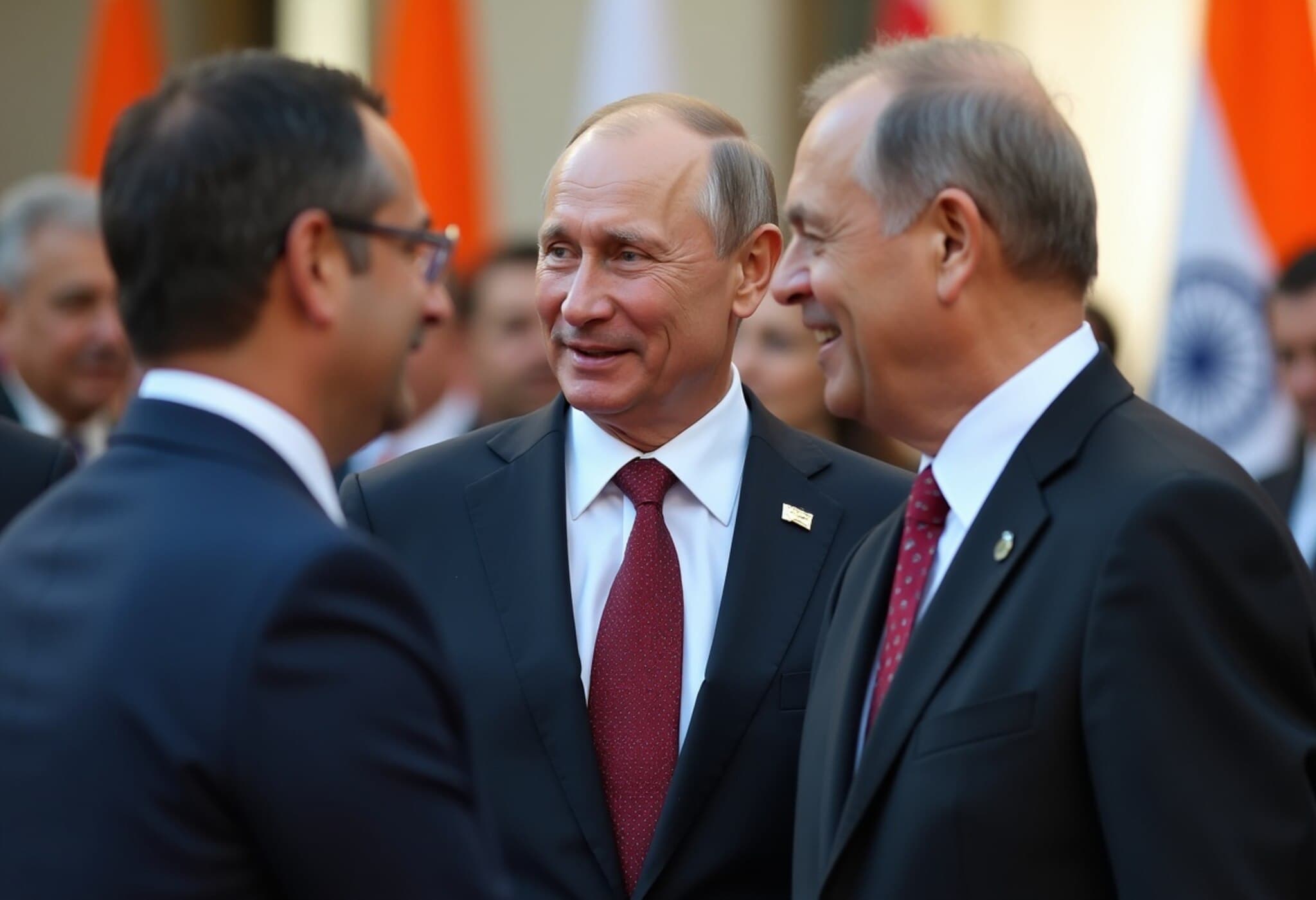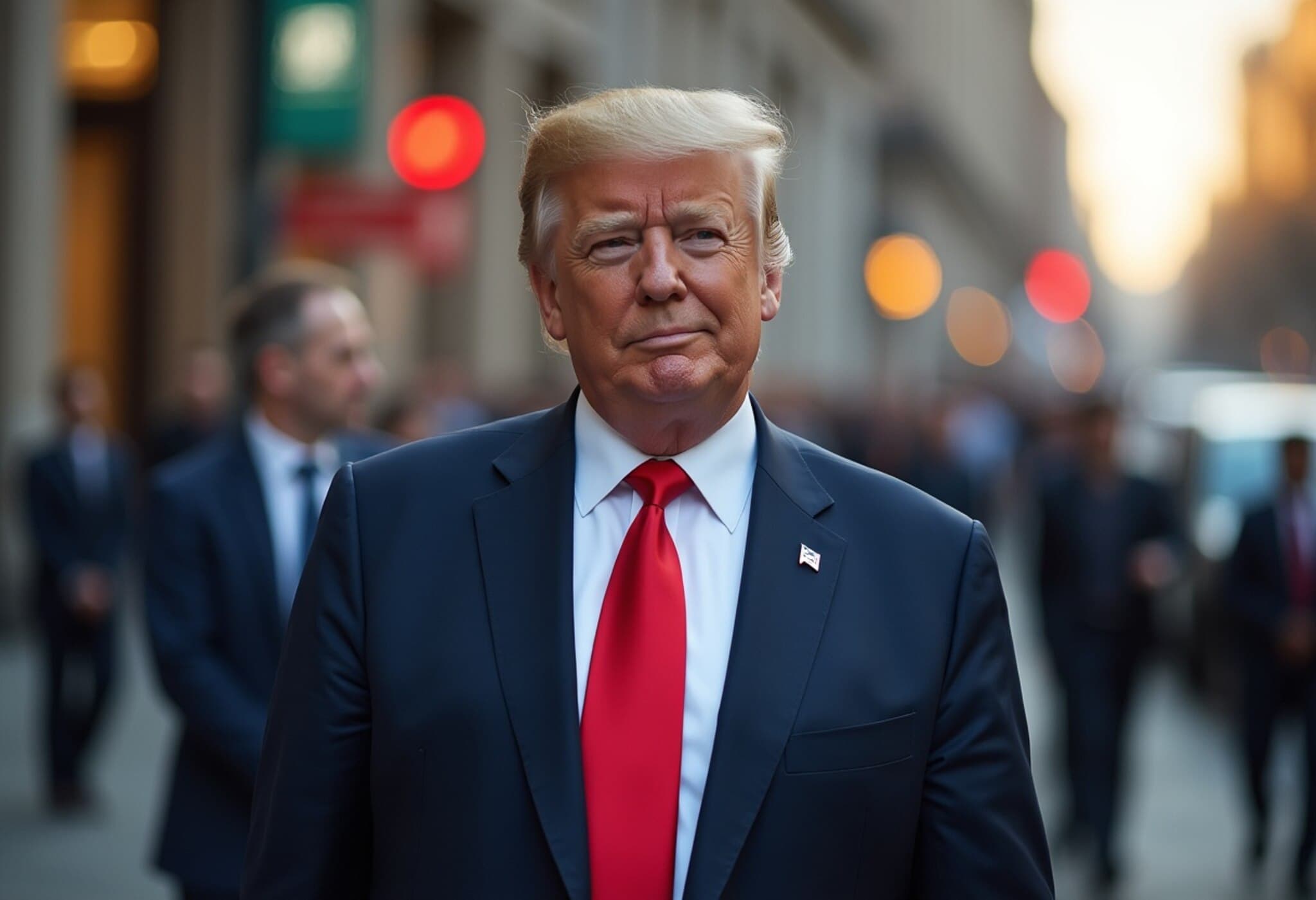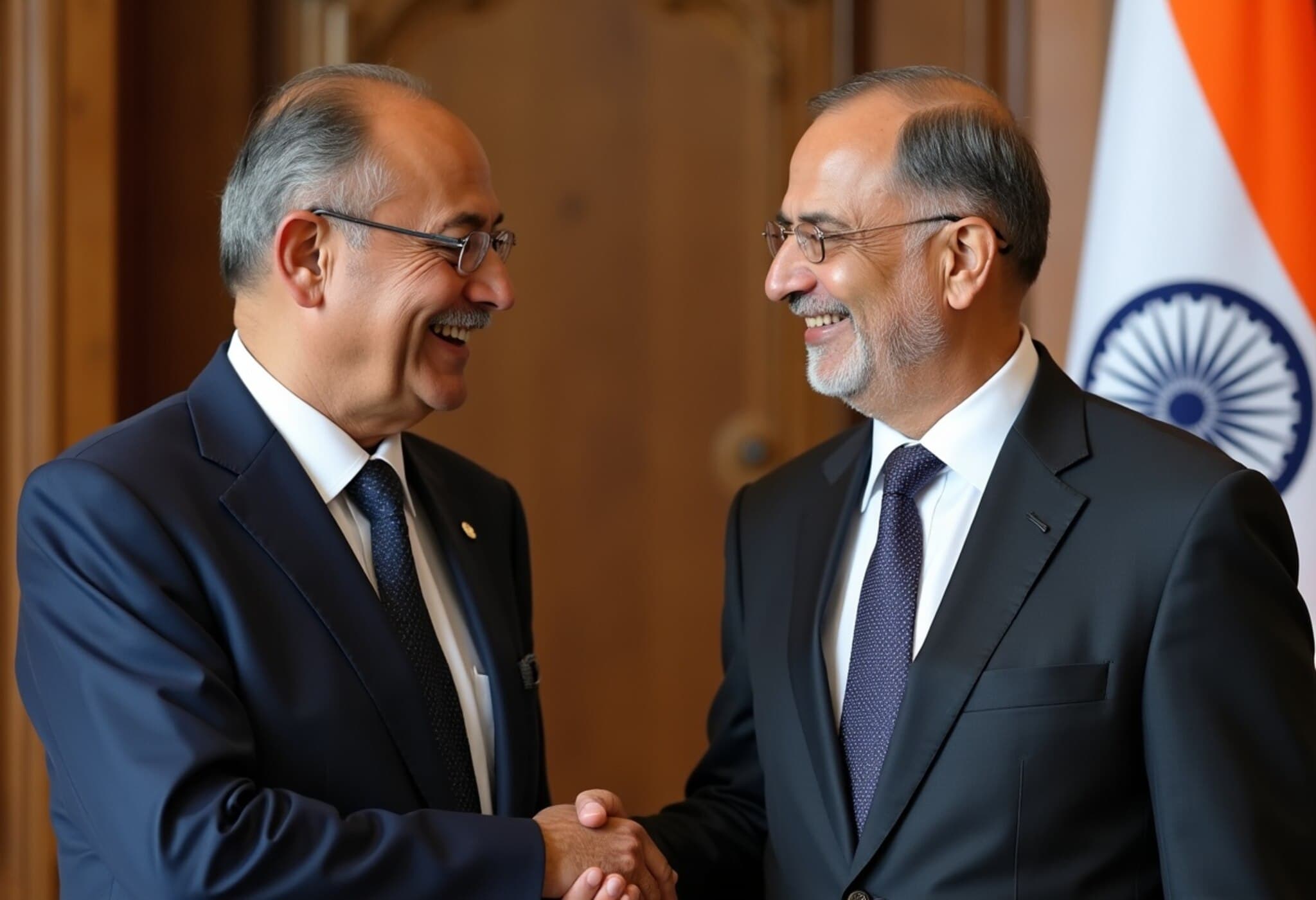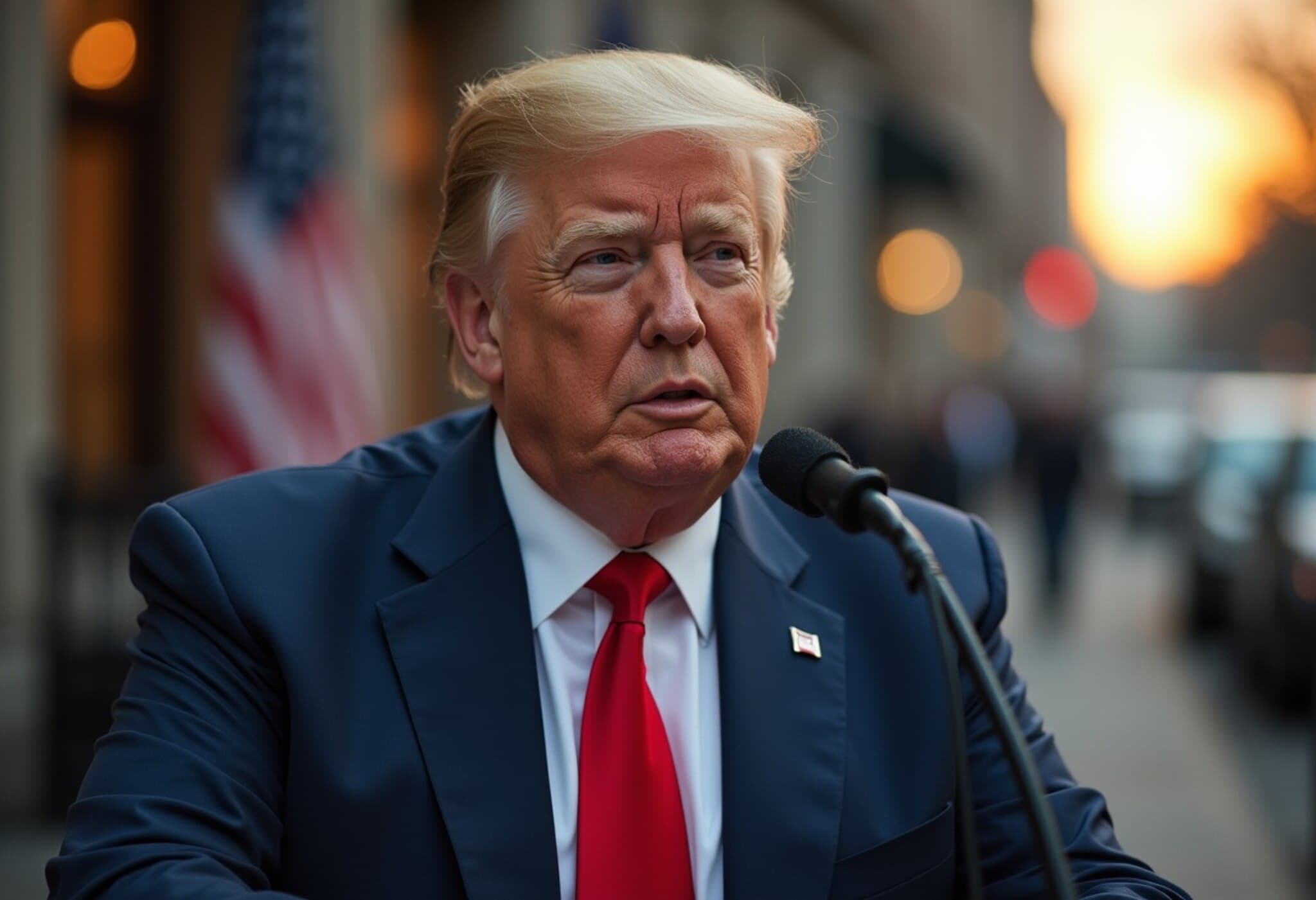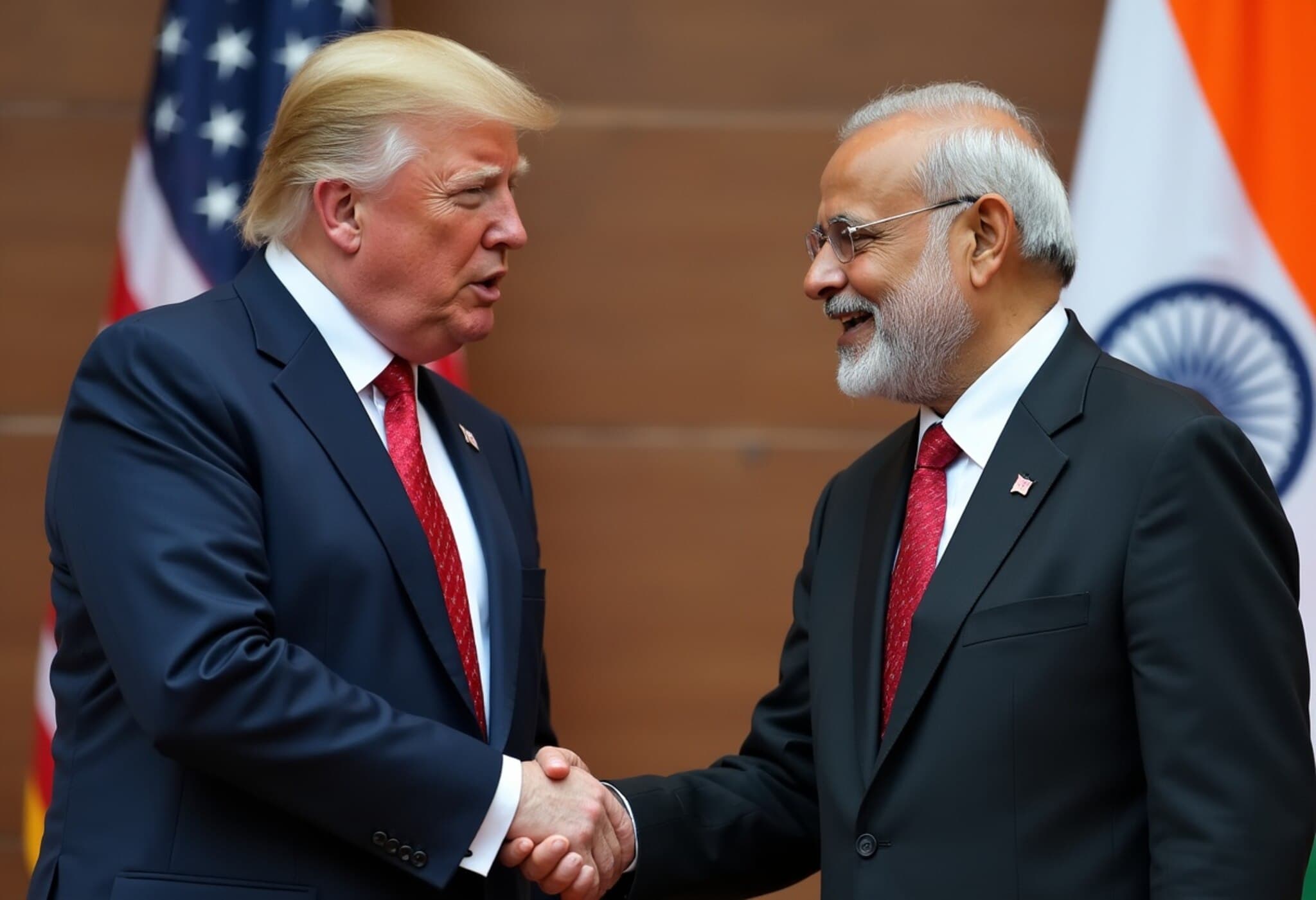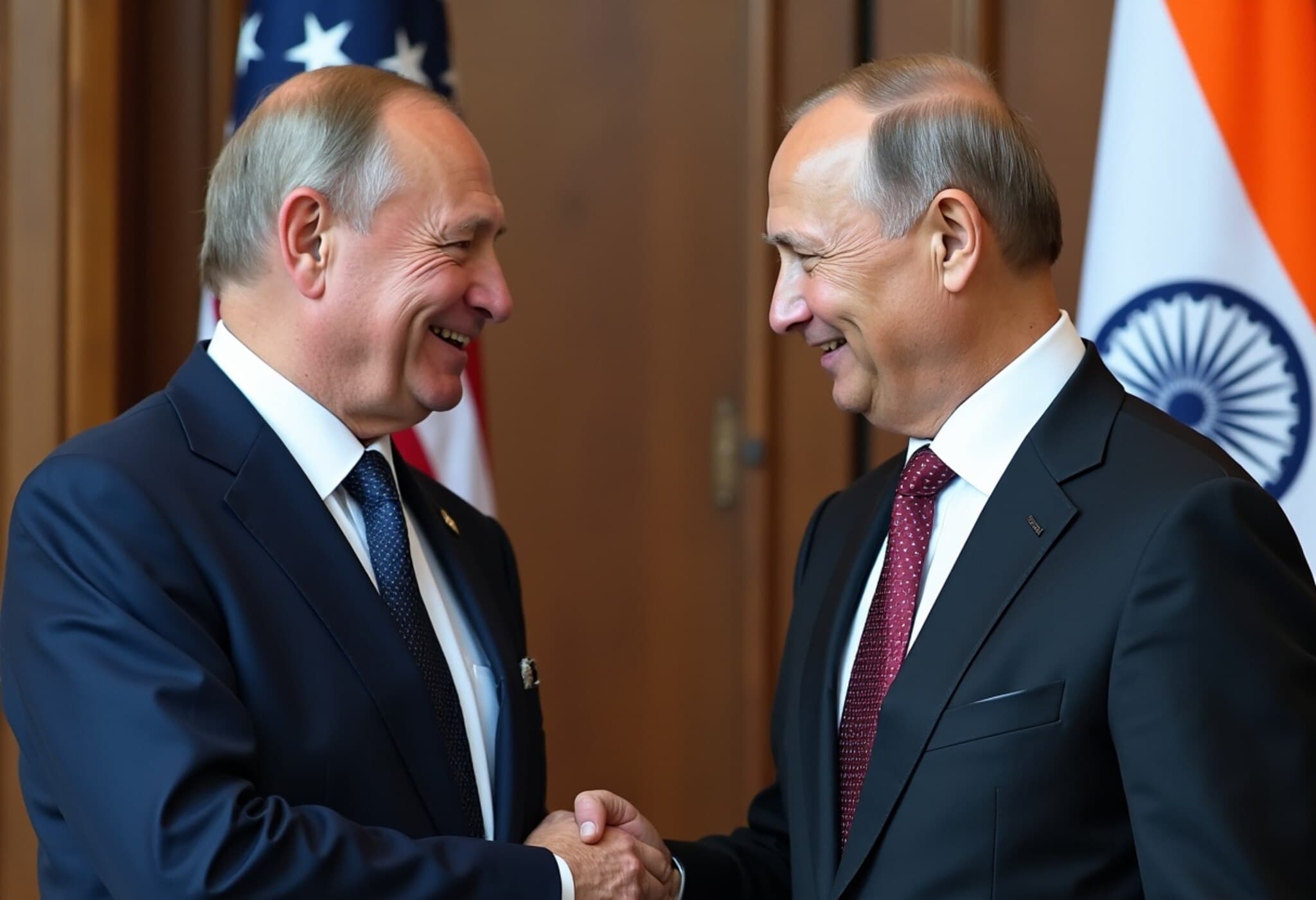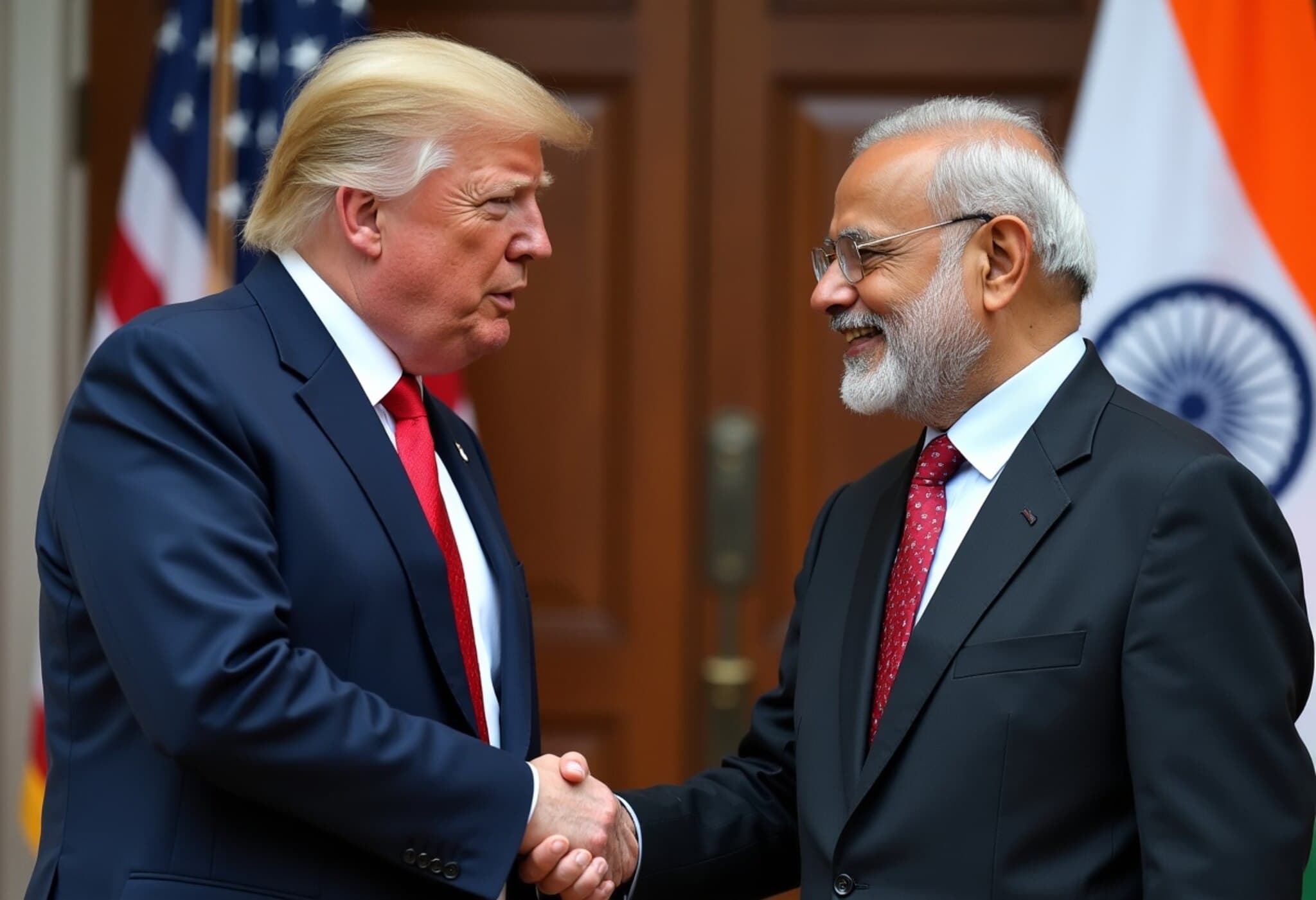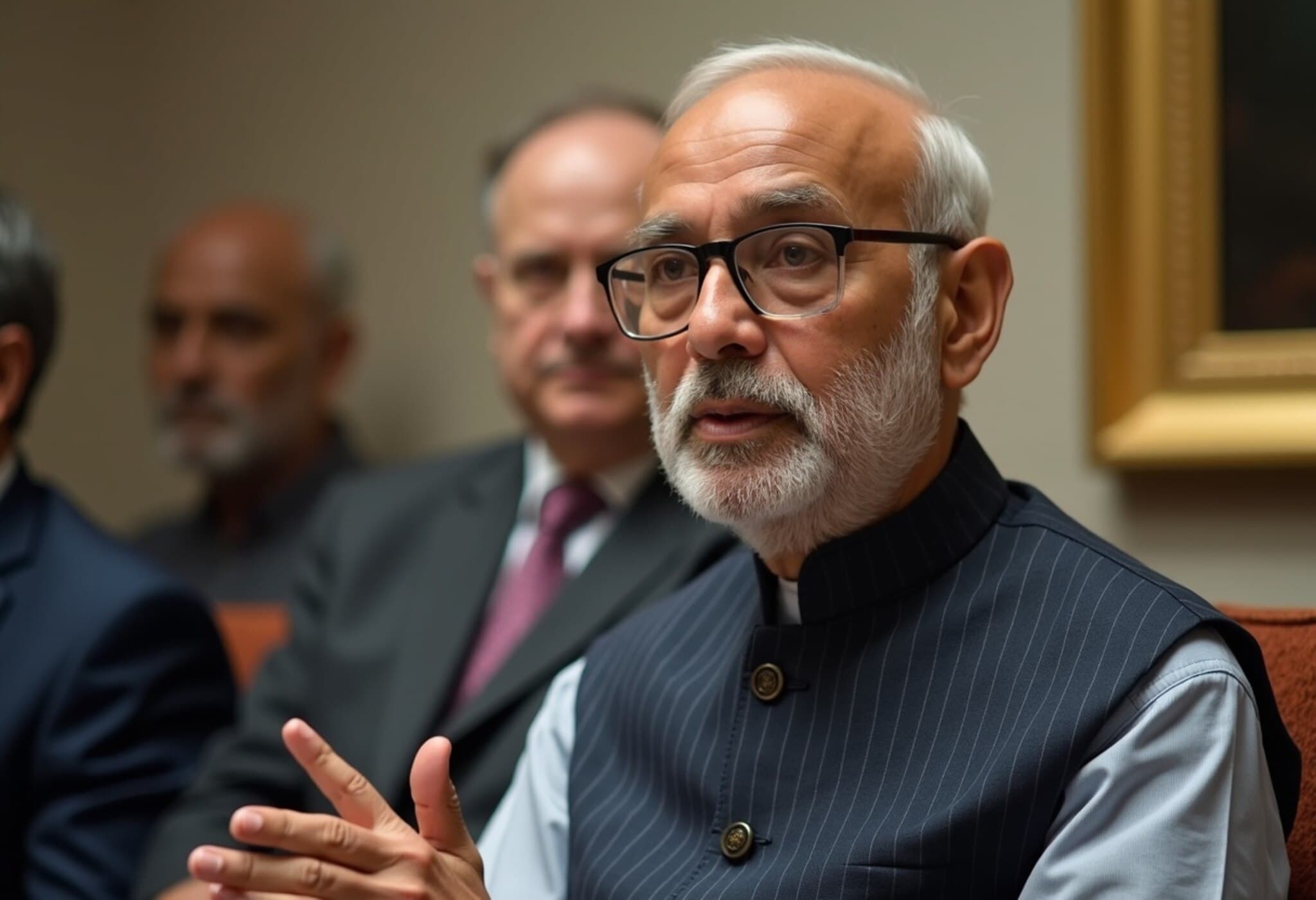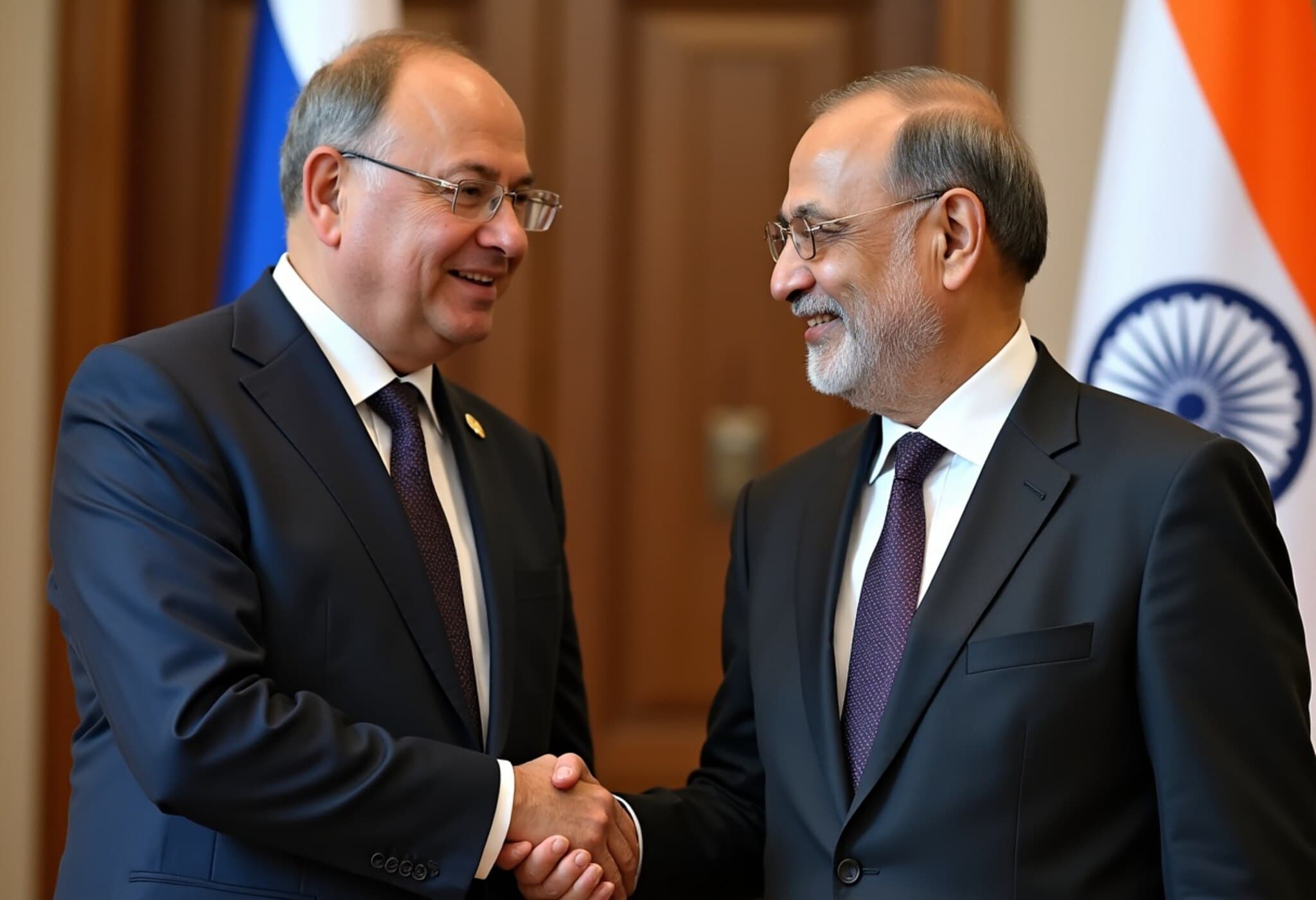Russian President Vladimir Putin to Visit India Before Year-End
In a significant diplomatic update, Russian Foreign Minister Sergey Lavrov confirmed on August 21, 2025, that President Vladimir Putin plans to visit India before the end of this year. The announcement came during a high-profile meeting between Lavrov and India's External Affairs Minister, S Jaishankar, in Moscow.
Strategic Discussions Ahead of the Summit
Following talks with Jaishankar, Lavrov emphasized the ongoing preparations for Putin’s visit, underscoring the intention to deliver a "solid package of documents" at the upcoming summit. This reflects the two nations’ ambition to strengthen bilateral cooperation across multiple sectors, notably in military and technical fields.
"India and Russia undoubtedly share a deep-rooted partnership,” Lavrov stated. "Our military and technical cooperation is a testament to this enduring relationship, built on decades of shared history and mutual trust."
Contextualizing the Visit Amid Global Tensions
The high-level engagement takes place against the backdrop of persistent geopolitical tensions, particularly the Russia-Ukraine conflict. Lavrov and Jaishankar also discussed the evolving situation in Ukraine and reflected on prior diplomatic efforts including the Alaska Summit between President Putin and former US President Donald Trump.
While Lavrov referred to the Trump administration as "partners" in facilitating dialogue, he hinted at the complexities surrounding US relations with both Russia and India. Notably, the US has recently intensified scrutiny over India’s purchase of Russian oil, adding layers to the delicate balancing act New Delhi faces between its strategic ties with Moscow and its partnership with Washington.
India-Russia Relations: Navigating New Realities
The anticipated Putin visit symbolizes a reaffirmation of the historically strong ties between India and Russia. The two countries have long collaborated on defense, energy, and technology, making Russia a pivotal player in India's strategic calculus.
However, the evolving global order presents challenges. The US-India relationship has faced strains under the Trump administration, particularly due to tariffs and diplomatic friction, prompting discussions within India about diversifying its foreign partnerships.
The RIC Triangle Debate
In recent years, there have been calls for India to deepen cooperation within the Russia-India-China (RIC) framework as a counterbalance to Western pressure. Advocates argue this could help offset losses from American tariffs and reinforce regional security.
Yet, critics caution that fundamental mistrust between India and China, alongside Russia’s increasingly close alliance with Beijing, limits the potential of this trilateral grouping to serve as a stable strategic platform for India.
Expert Insight: The Diplomatic Tightrope
Dr. Anjali Mehra, a senior fellow at the Center for Strategic and International Studies, explains, "India's challenge lies in maintaining a multi-aligned approach. Strengthening ties with Russia allows New Delhi to diversify its defense and energy sources, but simultaneously, India must manage its growing strategic partnership with the US and its wary relationship with China. Putin's visit could thus be a message of continuity in India-Russia relations amid shifting global alliances."
Looking Ahead: What Putin’s Visit Means for India
- Geopolitical Signal: Reinforces India’s intent to remain strategically autonomous while balancing relations with both Moscow and Washington.
- Defense and Energy Cooperation: Potential new agreements on military technology and energy cooperation could be signed.
- Economic Diversification: Could pave the way for enhanced trade ties as India seeks alternatives amidst Western tariffs.
- Global Diplomacy: India's role as a pivotal player in global geopolitics might be underscored through this high-profile summit.
Conclusion
President Putin’s upcoming visit to India is more than just a diplomatic event—it captures the complexities and opportunities inherent in 21st-century international relations. As India navigates between major powers, this summit could solidify critical partnerships and reshape regional dynamics.
Putin’s planned visit arrives at a pivotal moment, offering India a chance to recalibrate its foreign policy amid fluctuating US-Russia tensions and China’s assertiveness. Readers might consider: How will India balance its historical ties with Russia against its strategic partnership with the US? In an era of great power rivalry, India’s diplomatic moves not only impact regional security but also global economic alignments. This visit could mark a defining chapter in India's pursuit of strategic autonomy.

